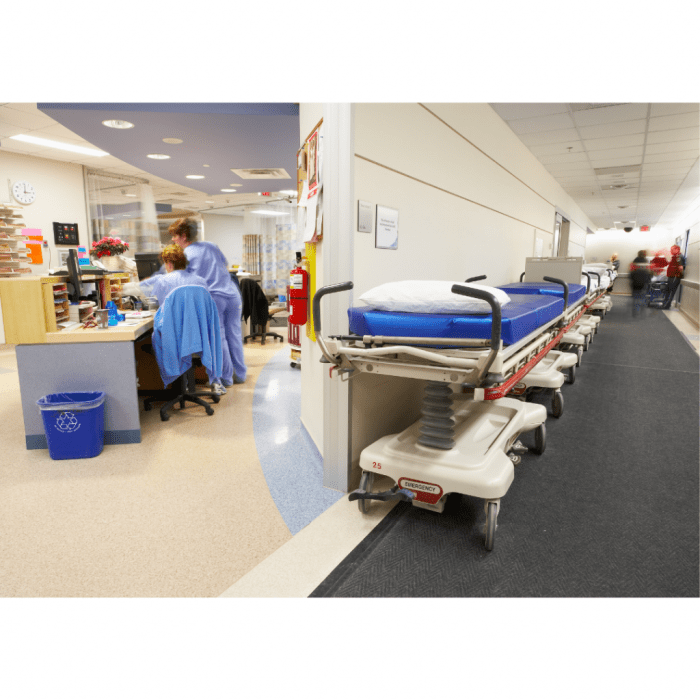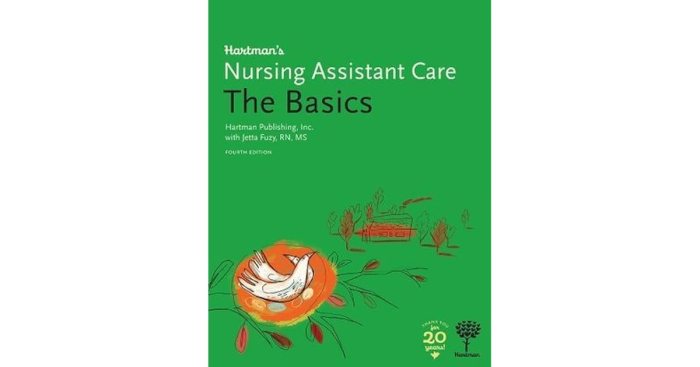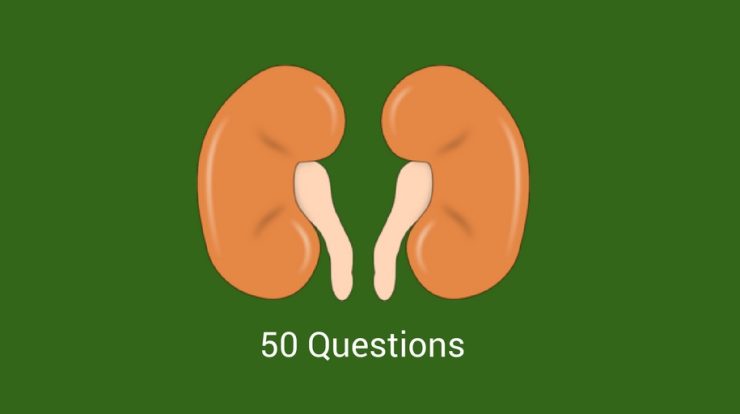A nurse working the 7pm to 7am shift – Working the night shift from 7 PM to 7 AM, nurses embark on a unique and challenging journey that demands exceptional skills and resilience. This shift presents a distinct set of responsibilities, challenges, and rewards, shaping the experiences of these dedicated healthcare professionals.
Throughout this exploration, we will delve into the intricacies of night shift nursing, unraveling the complexities of patient care, staffing considerations, collaboration, education, and the impact on nurses’ well-being. By shedding light on the multifaceted nature of this nursing role, we aim to foster a deeper understanding and appreciation for the remarkable contributions of nurses who illuminate the night hours.
Night Shift Nursing Responsibilities

Nurses working the 7pm to 7am shift are responsible for providing essential care to patients during the night hours. Their duties include:
- Monitoring patients’ vital signs and general condition
- Administering medications and treatments
- Providing pain management and comfort measures
- Assisting with hygiene and other personal care tasks
- Observing and reporting any changes in patients’ conditions
- Responding to emergencies and providing immediate care
Specialized duties or procedures unique to the night shift may include:
- Managing sleep disturbances and providing sleep aids
- Assisting with tracheostomies and other respiratory care
- Providing wound care and dressing changes
- Performing blood transfusions and other blood-related procedures
Challenges of Night Shift Nursing

Nurses working the night shift face unique challenges, including:
- Sleep deprivation and fatigue
- Social isolation and loneliness
- Increased workload and responsibility
- Exposure to emergencies and critical situations
- Disrupted circadian rhythm and hormonal imbalances
These challenges can impact nurses’ physical and mental well-being, leading to:
- Increased risk of accidents and errors
- Reduced job satisfaction and motivation
- Sleep disorders and other health problems
- Emotional exhaustion and burnout
To cope with these challenges, nurses can implement strategies such as:
- Establishing regular sleep schedules on days off
- Creating a dark and quiet sleep environment
- Avoiding caffeine and alcohol before sleep
- Exercising regularly to promote sleep
- Seeking support from family, friends, or colleagues
Benefits of Night Shift Nursing: A Nurse Working The 7pm To 7am Shift

Despite the challenges, night shift nursing offers several advantages:
- Increased job satisfaction and work-life balance
- Opportunities for professional growth and development
- Potential for higher pay and benefits
- Reduced traffic and fewer interruptions
- Opportunity to make a difference in patients’ lives during a critical time
Night shift nursing can provide nurses with unique opportunities to develop their skills and advance their careers.
Top FAQs
What are the key responsibilities of a nurse working the night shift?
Nurses working the night shift are responsible for providing comprehensive patient care, including monitoring vital signs, administering medications, performing wound care, and responding to emergencies.
How does the night shift impact nurses’ physical and mental well-being?
The night shift can disrupt nurses’ circadian rhythms, leading to fatigue, sleep disturbances, and an increased risk of certain health conditions. Nurses must adopt strategies to mitigate these effects, such as maintaining a regular sleep schedule and seeking support from colleagues and family.
What are the benefits of working the night shift for nurses?
Night shift nursing offers opportunities for professional growth, increased job satisfaction, and a better work-life balance. Nurses may have more autonomy and flexibility during the night shift, allowing them to develop specialized skills and pursue personal interests.



